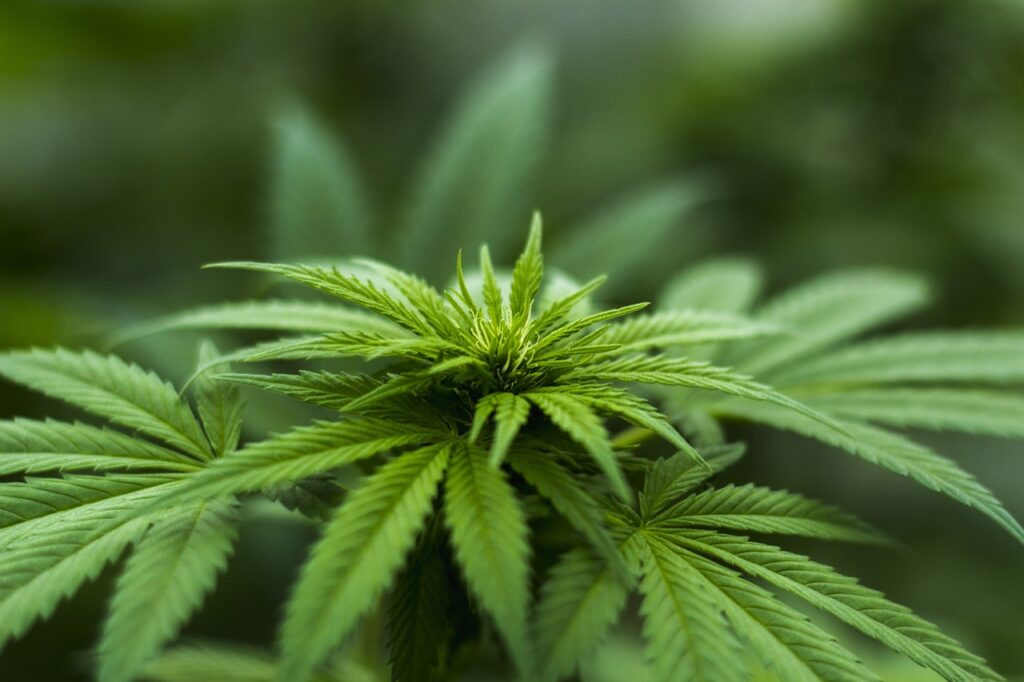Exploring Cannabis: Myths, Realities, and Benefits
by siteadmin

Cannabis, once a taboo subject, has emerged from the shadows to become a focal point of discussion, research, and even legislation in many parts of the world. From its medicinal potential to its recreational use, cannabis sparks a range of opinions and emotions. In this blog post, we’ll delve into the myths, realities, and potential benefits of cannabis, shedding light on this complex and often misunderstood plant.
Dispelling Myths: One of the biggest challenges in discussing cannabis is sorting fact from fiction. Over the years, numerous myths and misconceptions have clouded people’s understanding of this plant. Let’s debunk some of the most common ones:
- “Cannabis is a gateway drug”: This myth suggests that using cannabis inevitably leads to the use of harder drugs. However, research has shown that the majority of cannabis users do not progress to other substances. In fact, for many, cannabis serves as an alternative to more harmful substances like alcohol or opioids.
- “Cannabis is highly addictive”: While it’s true that some individuals may develop a dependence on cannabis, especially with frequent and heavy use, the addictive potential of cannabis is lower compared to substances like nicotine or alcohol. Additionally, not everyone who uses cannabis develops an addiction.
- “Cannabis has no medicinal value”: Contrary to this belief, cannabis contains compounds called cannabinoids, such as THC and CBD, which have been shown to have various therapeutic effects. From pain relief and nausea reduction to managing symptoms of certain medical conditions like epilepsy and multiple sclerosis, cannabis holds promise as a medicinal agent.
Realities of Cannabis Use: Understanding the realities of cannabis use involves recognizing both its potential benefits and risks. Like any substance, cannabis can have different effects depending on factors such as dosage, frequency of use, and individual biology. Here are some key realities to consider:
- Mind-altering effects: Cannabis can alter perception, mood, and cognition, leading to feelings of euphoria, relaxation, or heightened sensory experiences. These effects can be enjoyable for many users but may also impair judgment and coordination, posing risks when operating machinery or driving.
- Varied strains and products: Cannabis comes in various strains, each with its own unique combination of cannabinoids and terpenes, which contribute to different effects and flavors. Additionally, cannabis products range from traditional flower buds to concentrates, edibles, and topicals, offering diverse consumption options.
- Legal status: The legal status of cannabis varies widely around the world, ranging from complete prohibition to legalization for medical and/or recreational use. It’s essential to understand and abide by local laws and regulations regarding cannabis possession, cultivation, and distribution.
Benefits of Cannabis: Despite the controversies surrounding cannabis, research has uncovered several potential benefits associated with its use:
- Pain management: Cannabis has analgesic properties that can help alleviate various types of pain, including chronic pain conditions such as arthritis and neuropathy. Many individuals turn to cannabis as an alternative or adjunct to conventional pain medications.
- Anxiety and depression relief: Some cannabinoids, particularly CBD, have shown promise in reducing symptoms of anxiety and depression. While more research is needed to fully understand the mechanisms involved, many people report experiencing relief from cannabis use.
- Neuroprotective effects: Studies suggest that cannabinoids may have neuroprotective properties, potentially offering benefits in neurodegenerative conditions like Alzheimer’s disease and Parkinson’s disease. These findings highlight the therapeutic potential of cannabis beyond just symptom management.
Cannabis remains a complex and multifaceted plant with a long history of use and controversy. While myths and misconceptions persist, ongoing research continues to uncover the true potential of cannabis in various aspects of human health and well-being. By exploring the realities and benefits of cannabis in an informed manner, we can foster a more nuanced understanding of this intriguing plant and its role in society. Whether for medicinal or recreational purposes, it’s essential to approach cannabis use with caution, respect, and an open mind.
Cannabis, once a taboo subject, has emerged from the shadows to become a focal point of discussion, research, and even legislation in many parts of the world. From its medicinal potential to its recreational use, cannabis sparks a range of opinions and emotions. In this blog post, we’ll delve into the myths, realities, and potential…
